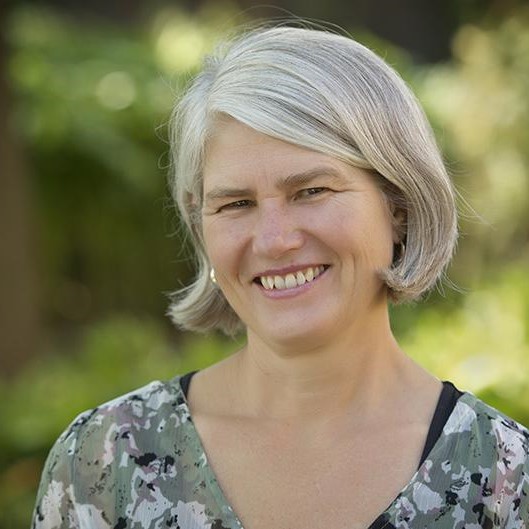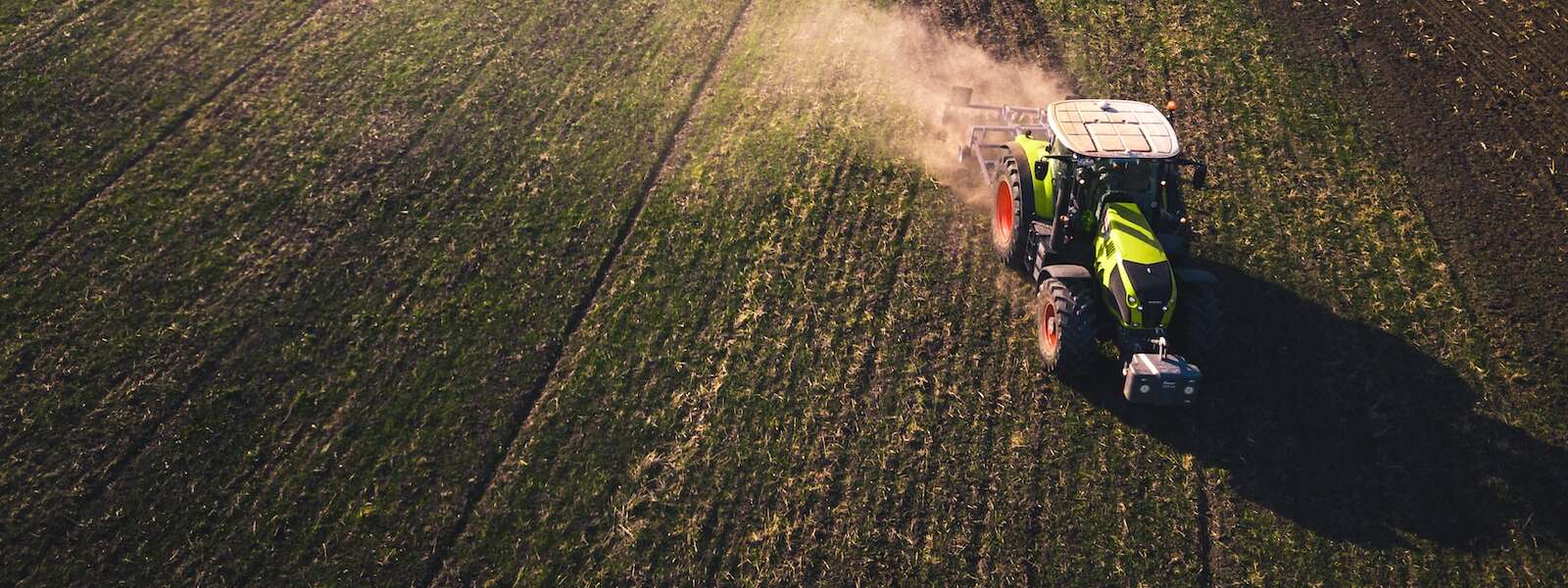Laughing gas – or nitrous oxide (N2O) – is no laughing matter.
A potent greenhouse gas, N2O stays in the atmosphere for over 100 years, where one kilogram warms the planet about 300 times more than an equivalent amount of carbon dioxide. It is emitted from the use of nitrogen fertilizer and now accounts for one-third of Canada’s agricultural emissions.
That proportion grows every year.
A new research network, CANN2ONET, will gather leading nitrogen experts to find ways to reduce Canada’s emissions of N2O, with new funding from the NSERC-SSHRC Sustainable Agriculture Research Initiative. It spans several universities and colleges across Canada, as well as partners from industry, government and producer organizations.

Leading the network is University of Guelph professor Dr. Claudia Wagner-Riddle at the School of Environmental Sciences within the Ontario Agricultural College. Though N2O is rarely considered by farmers, she says, its impact must be better understood to mitigate climate change and work towards sustainable agriculture.
“What’s unique about CANN2ONET is that we’re bringing together a variety of experts, those who study emissions, farmer behaviour and can recommend new policies,” Wagner-Riddle says. “With all these partners, we can improve agriculture production and provide information that farmers need to better manage their nitrogen and quantify the level of sustainability.”
The network is delighted to have support from the federal government and partners from the agricultural sector.
Awarded $7.9 million over four years, the project is part of a federal investment to support research projects that are accelerating solutions towards sustainable agriculture. Funding was announced by François-Philippe Champagne, minister of innovation, science and industry, and Lawrence MacAulay, minister of agriculture and agri-food.
Several other U of G researchers are involved as co-applicants in five other projects also granted funding under the Sustainable Agriculture Research Initiative.
National nitrogen network to reduce N2O, overlooked greenhouse gas
Wagner-Riddle adds, “Our collaboration with these stakeholders and leading Canadian academic institutions will provide the science-based evidence needed for reaching greenhouse gas reduction targets.”
Though nitrogen fertilizer has greatly improved food security, increasing yield gains and profits across Canada, the most effective strategies to reduce and track N2O emissions are critical knowledge gaps CANN2ONET hopes to close.
N2O emissions are sporadic and unpredictable, often occurring in “hot spots” and “hot moments,” which makes measuring them a challenge. New measurement sites, which the network will develop, are also needed in underrepresented areas in Western Canada.
Moreover, trust and buy-in from everyday farmers are crucial for any recommendations. Behavioural factors, studied in partnership with natural and social scientists, as well as economic trade-offs will inform all the strategies proposed.
The network aims to guide improved agricultural practices to reduce nitrogen use across Canada. Their benchmark studies will measure N2O emissions in fields year-round and improve the existing models used for tracking them. A roadmap will recommend strategies and policy priorities to meet reduction targets based on the best practices developed from each region studied.
Ultimately, the multi-institutional CANN2NONET will link the expertise, infrastructure and equipment across Canada to build responsible nitrogen use and nutrient stewardship.
Lloyd Longfield, Guelph MP, says the project is crucial to support Canada’s net-zero goals.
“Supporting collaborative, transformative research through U of G, this investment will help Canada reach our net-zero goals while implementing measurable data tools to guide our farmers, industry and the agri-food sector,” Longfield says.
Dr. Rene Van Acker, vice-president (research and innovation), adds that the project strengthens the interdisciplinary collaborations needed for today’s climate crisis.
“This investment recognizes the University of Guelph as the research partner of choice across government and industry organizations,” Van Acker says. “Dr. Wagner-Riddle will continue building strong partnerships across Canada that will mobilize new research knowledge to fight climate change and improve life for all.”
All sectors responsible for reducing greenhouse gases
The project fits into Wagner-Riddle’s broader research aims, which focus on trying to understand greenhouse gas emissions, how we can better measure them and what people across sectors can do to reduce them.
Also investigating the opportunities of green ammonia in food production and clean energy, Wagner-Riddle has collaborated with colleagues from the University of Maryland (U.S.) and Rothamsted Research (U.K.) to establish the Global Nitrogen Innovation Center for Clean Energy and the Environment (NICCEE).
NICCEE is based at the University of Maryland Center for Environmental Science and aims to ensure new green ammonia technologies, practices and policies work well for farmers and other stakeholders without causing unintended social and environmental problems, such as nitrogen pollution.
“Nitrogen is an essential nutrient for crop growth,” Wagner-Riddle says. “We’re looking forward to having the right policies in place, to tracking and quantifying our progress towards reduction targets and to helping farmers improve their bottom line.”
The CANN2ONET project is funded as part of NSERC-SSHRC’s Sustainable Agriculture Research Initiative.
CANN2ONET’s partners include producer organizations (Grain Farmers of Ontario, GFO; Grain Growers of Canada, GGC; Farmers for Climate Solutions), industry (Pulse Canada; Canola Council of Canada, CCC; Fertilizer Canada; Plant Nutrition Canada, PNC; Nutrien Ag Solutions; Viresco Solutions; Field-to-Market Canada, FTMC) and government partners (Agriculture and Agri-Food Canada, AAFC; Environment and Climate Change Canada, ECCC) to enable achieving N2O emission reductions.
Academic partners with U of G include Dalhousie University, McGill University, University of Manitoba, University of Saskatchewan, Olds College, the University of British Columbia and Lethbridge College.
